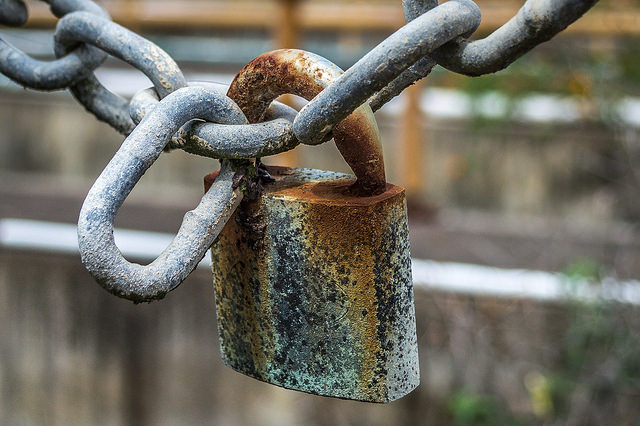 SECURITY
SECURITY
 SECURITY
SECURITY
 SECURITY
SECURITY
The Australian Parliament passed a bill Thursday that will require all technology companies to hand over encrypted data to law enforcement if asked to do so.
Privacy advocates decry such a law, but the government has said that such a law is necessary to fight organized crime and terrorism, making Australia a safer place. Critics of the bill say it might be abused and Australians’ privacy compromised.
“This ensures that our national security and law enforcement agencies have the modern tools they need, with appropriate authority and oversight, to access the encrypted conversations of those who seek to do us harm,” Attorney-General Christian Porter said. “Australia is a safer place as a result.”
Under the bill, any individual whot fails to hand over data could end up in prison, while institutions could be fined as much as A$10 million ($7.3 million). The bill was cleared in the Senate on Thursday, after a last-minute agreement by the Labor party.
“We’re prepared to let it go forward on that basis knowing there’s more work to be done,” Labor leader Bill Shorten said on Thursday night. “We will pass the legislation, inadequate as it is, so we can give our security agencies some of the tools they say they need.”
The Law Council of Australia said the bill was rushed. “We now have a situation where unprecedented powers to access encrypted communications are now law, even though parliament knows serious problems exist,” said President Morry Bailes.
In a submission to Parliament, Apple Inc. argued that weakening encryption isn’t necessary to help law enforcement. “In just the past five years alone, we have processed over 26,000 requests from Australian law enforcement agencies for information to help investigate, prevent and solve crimes,” the company said.
The law would require that technology companies build features that would give access to encrypted data. If by doing this there are “systemic weaknesses” that compromise security for everyone else, the companies won’t be required to do so. The debate at the moment is what constitutes a systemic weakness.
“The whole question all along has been, whether by targeting an individual user, they are accidentally jeopardizing everybody else’s security,” said Vanessa Teague, an expert in cryptography at the University of Melbourne.
Support our mission to keep content open and free by engaging with theCUBE community. Join theCUBE’s Alumni Trust Network, where technology leaders connect, share intelligence and create opportunities.
Founded by tech visionaries John Furrier and Dave Vellante, SiliconANGLE Media has built a dynamic ecosystem of industry-leading digital media brands that reach 15+ million elite tech professionals. Our new proprietary theCUBE AI Video Cloud is breaking ground in audience interaction, leveraging theCUBEai.com neural network to help technology companies make data-driven decisions and stay at the forefront of industry conversations.